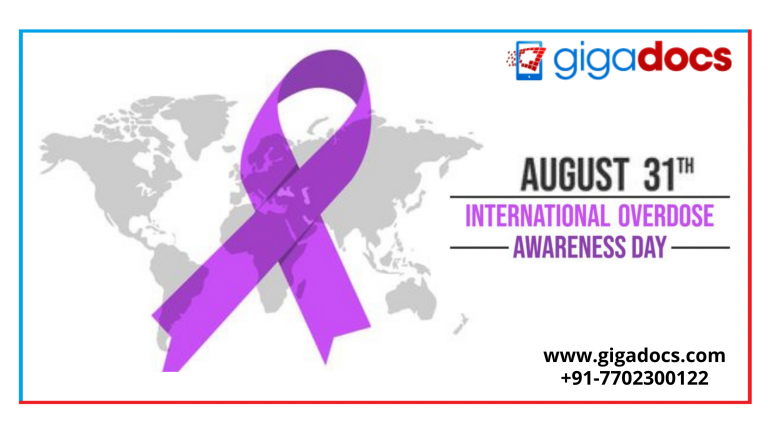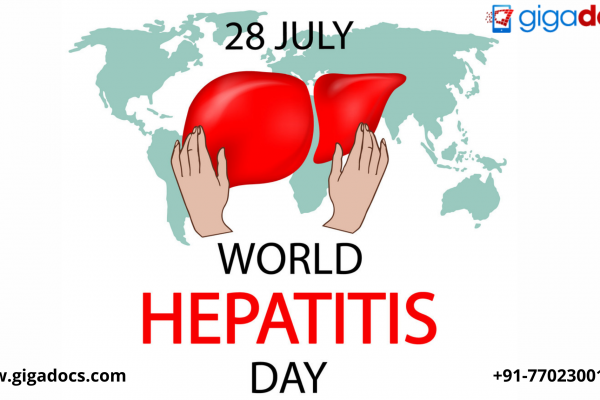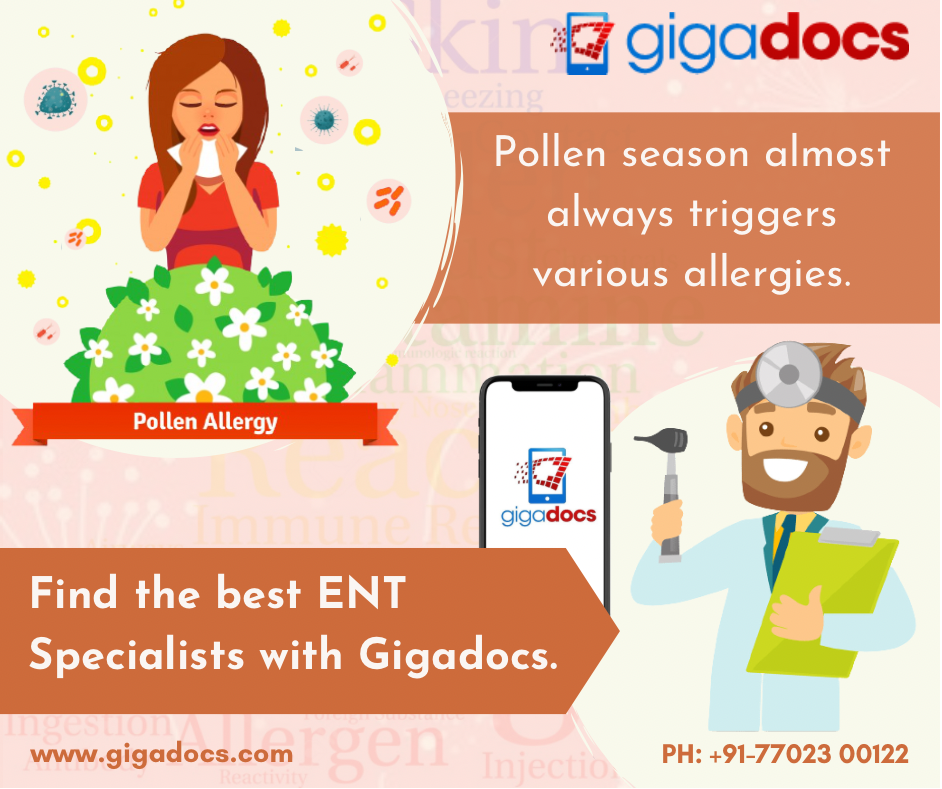People of any age might be affected by drug overdoses. It is most common in infants and toddlers (from crawling age to about age five) as well as teenagers and adults in their mid-30s. Overdosing on drugs can be unintentional or deliberate. They happen when a person exceeds the prescribed dose by a physician.
Overdosing can result in significant medical problems, even death. The factors determining the severity of a drug overdose can range from the amount consumed to the overdosed person’s physical and medical history.
Types of Overdoses
- Steroids- Coma, seizures, hearing loss, abnormal heartbeat/heart rate, and stroke are the top five most dangerous symptoms related to steroid overdose. Steroid overdose has several effects on women, including irregular menstrual cycles, infertility, and the growth of male traits such as facial hair, broad shoulders, and a deep voice.
- Chemical Toxicity (Household Compounds)- Some chemicals are hazardous due to their physical features. Overdosing can induce burns, vomiting, diarrhea, and sleepiness, or even death.
- Naphthalene- Poisoning from naphthalene causes red blood cells to die or mutate, making them unable to carry oxygen which can harm your organs. Hemolytic anemia can occur as a result of severe poisoning.
- Phenol- An overdose of phenol by accident can result in a case of severe respiratory and renal failure, as well as organ damage and multi-organ failure.
- Alcohols-Alcohol-overdose symptoms include confusion, vomiting, pale or blue appearance, a drop in body temperature, weak breathing, cardiac arrest, and seizures.
- Pesticides- pesticide-related deaths account for a significant portion of the global burden of suicide and premature mortality.
- Sedatives- When a person takes too much of a drug, it might disrupt involuntary functions, including breathing and heart rate, slurred speech, difficulties breathing, slowed heartbeat, slowed respiration, unconsciousness, shock, and coma.
- Antacids- Taking too many antacids can have negative consequences. Constipation (aluminum-containing antacids) and diarrhea (magnesium-containing antacids) are among the most common side effects. Large doses of calcium carbonate-containing antacids can disrupt the body’s calcium and acid equilibrium, causing kidney injury.
- Antidiabetic Drugs- Acute insulin overdosage may lead to hypoglycemia. This condition may further lead to seizures, coma, cerebral oedema, and lasting brain damage. The symptoms that precede coma have a direct correlation with high blood glucose levels.
- Antithyroid Drugs- A substantial-high dosage might cause cardiovascular symptoms, pneumonia, hemorrhage, and hypokalemic alkalosis.
Causes and Risk Factors for Drug Overdose
Several circumstances can cause a drug overdose. These are some of them:
1. Improper drug storage: Drugs stored improperly might be easy targets for curious tiny toddlers who like to put items in their mouths. Children can easily get into and overdose on medications that are easily accessible.
2. Negligence: Taking too much or taking your doses earlier than suggested may result in an overdose of medicine that is otherwise harmless.
3. Misuse or addiction history: Using illicit substances or purposefully misusing prescribed medicines can put you at risk for a drug overdose, primarily if it occurs repeatedly.
4. Mental illnesses: This can also be an overdosing risk factor triggered by depression and suicidal thoughts, especially when the mental illness is not medically addressed.
Drug Overdose Symptoms
Drugs have effects on the entire body. Large overdoses of some medicines have minor consequences, whereas smaller overdoses of other drugs can have serious consequences, including death. For a small child, a single dose of different medications can be fatal. Overdosing can even exacerbate a person’s chronic illness. Here are the most common drug overdose symptoms-
- Vital signs (temperature, pulse rate, respiration rate, blood pressure) are abnormalities that can be life-threatening.
- Sleepiness, confusion, and coma.
- Cool and sweaty, or hot and dry skin.
- Chest pain caused by heart or lung damage.
- Rapid, slow, deep, or shallow breathing.
- Enlarged pupils, disorientation.
- Abdominal pain, nausea, vomiting, and diarrhea.
- Blood in the vomit or bowel motions.
Overdose in Young Kids
In this age group, drug overdoses are most usually triggered when someone leaves a medication within the reach of the child. When toddlers come upon these drugs, they tend to share them with other kids. Thus, if you suspect an overdose in one child when other children are around, check for drug overdosage among other children as well.
Overdose in Adults
Adolescents and adults are more likely to self-harm themselves by overdosing on one or more drugs. Trying to injure oneself could be taken as an attempt at suicide.
| International Overdose Awareness Day International Overdose Awareness Day is the world’s largest effort to prevent overdose, and it takes place every year on August 31. Its purpose is to spread awareness about overdoses, decrease the stigma associated with drug-related deaths, and recognize the pain of the relatives and friends of those who died too soon due to a drug overdose. |
Preventing an Overdose
We can avoid drug overdose instances in a variety of ways. In the first place, the best solutions eliminate the potential for accidental overdose or triggers for intentional overdose. Let’s discuss them here-
- If you have children, make sure both prescription and over-the-counter medicines are put out of their reach.
- If you take prescription meds, follow your doctor’s instructions carefully. Please do not take any drugs together without first consulting your doctor to ensure that it is safe. You should also consult your doctor before mixing alcohol with prescription medications.
- Inhaling or injecting drugs may expedite their absorption in your brain, thereby raising your chances of dangerous consequences. If you’re having trouble quitting, talk to your doctor and get help right away.
Treating Drug Overdose with Gigadocs
We hope with this blog that you’ll be able to distinguish when drug dosage signs indicate an overdose. Getting medical assistance as soon as possible can make a significant difference in the efficacy of drug overdose therapy.
The treatment for a drug overdose depends on the circumstances of the overdose. During treatment, healthcare professionals may follow the following general treatment strategies:
- Helping the patient with a breathing tube when they experience a problem with breathing.
- Administering activated charcoal that absorbs the drug in the digestive tract inducing vomiting to remove the substance from the stomach.
- Pumping the stomach to remove the substance.
- Giving intravenous fluids that help the body remove the substance instantly.
Time is a critical factor when it comes to a drug overdose. Reaching out to a doctor at the quickest time helps in the overall treatment. Though it cannot be used for emergencies, Gigadocs does offer digital consultation with expert doctors, monitoring vitals, smart analytics, expense management, appointments, and consultation reminder notifications so that you don’t miss any of your regular and follow-up consultations.
Overdose can be fatal if not sought medical attention
Download the Gigadocs app and book experts to consult for any of the symptoms mentioned in this blog.
Download the Gigadocs app from-
- IOS App – apple.co/2W2iG4V
- Android App – bit.ly/33AQoRC
To schedule a demo e-mail, at info@gigadocs.com




